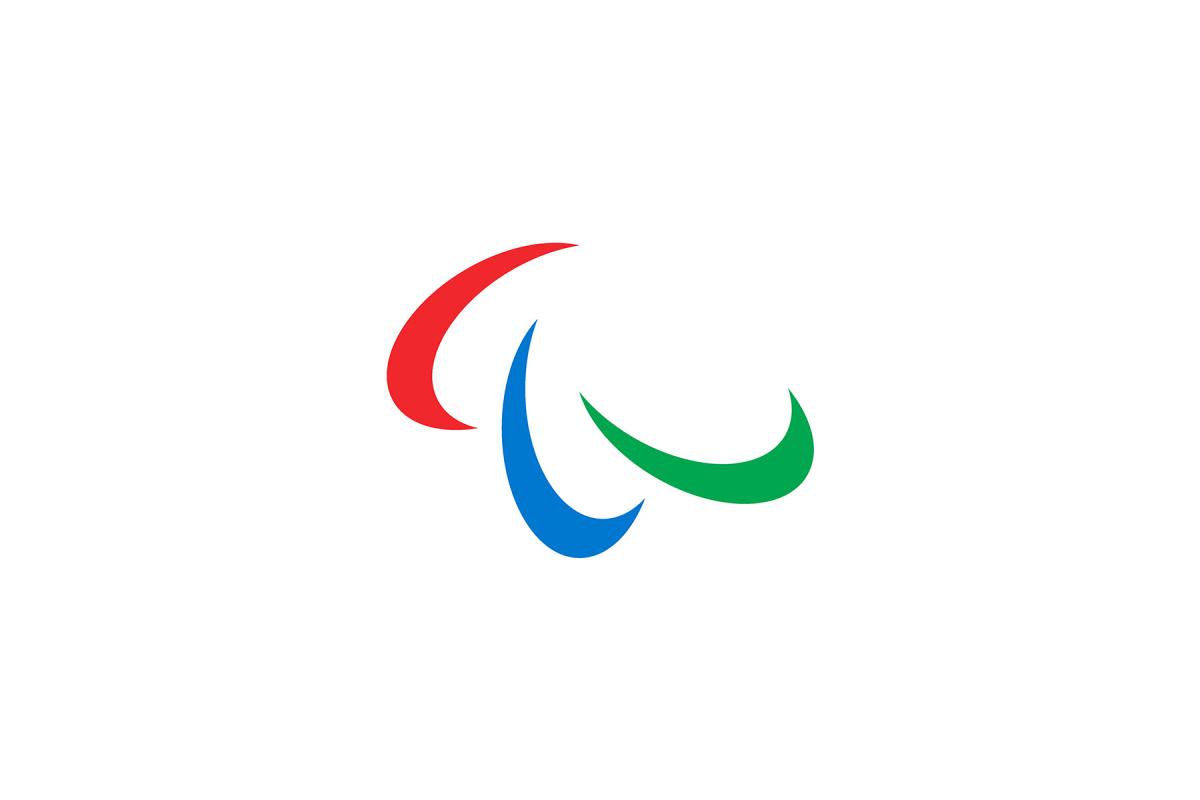Russian Para swimmer accepts two-year ban for anti-doping rule violations
Historical matter arising from the Russian state-sponsored doping scheme resolved by agreement between the IPC and athlete Aleksey Lyzhikhin 13 Jun 2024
The International Paralympic Committee (IPC) has banned Para swimming athlete Aleksey Lyzhikhin for a period of two years for committing anti-doping rule violations (ADRVs), in breach of the IPC Anti-Doping Code (the Code).
The charges arose from the evidence provided to the IPC by the World Anti-Doping Agency (WADA) in relation to the state-sponsored doping program in Russian sport between (at least) 2012 and 2015. In that time period, among other things, the Moscow laboratory utilised a ‘Disappearing Positive Methodology’ to conceal presumptive adverse analytical findings. Subsequently, analysis of the data from the Moscow laboratory’s Laboratory Information Management System (LIMS) demonstrated that aspects of the data had been manipulated for the protection of certain Russian athletes.
On 18 May 2014, following the Men's 50 m Butterfly S7 (Final) at the Open Russian Swimming Championships 2014, the athlete provided an in-competition urine sample, which – the LIMS data indicates – was analysed with an initial testing procedure and found to contain carphedon, a prohibited substance in class S6 (Stimulants) of the 2014 WADA Prohibited List. On 30 July 2014, the athlete provided an out-of-competition urine sample, which – the LIMS data indicates – was analysed with an initial testing procedure and found to contain hydrochlorothiazide, a prohibited substance in class S5 (Diuretics and Masking Agents) of the 2014 WADA Prohibited List.
Evidence obtained during WADA’s investigations demonstrated that the samples were the subject of email correspondence between Moscow laboratory officials and Russian Government officials, in which a Russian Government official indicated to the Moscow laboratory that it should take steps to protect the athlete from further investigation or consequences as a result of the presumptive adverse analytical findings for carphedon and hydrochlorothiazide. The Moscow laboratory did not undertake a confirmation procedure in respect of either sample and reported both samples as negative in ADAMS. In addition, subsequent analysis of the LIMS data demonstrated that data in relation to the second sample had been manipulated for the protection of the athlete.
On 26 February 2024, the IPC charged the Athlete with (i) Use on or prior to 18 May 2014 of carphedon, and (ii) Use on or prior to 30 July 2014 of hydrochlorothiazide, in each case in breach of Article 2.2 of the 2011 IPC Anti-Doping Code.
The athlete subsequently admitted the violations and, unable to demonstrate the source of the prohibited substances in his samples, accepted the Consequences proposed by the IPC.
As a result of his violations, the athlete will be ineligible for competition and other sporting activities (other than authorised anti-doping education or rehabilitation programs for two years from 6 June 2024 to 5 June 2026.
The results obtained by the athlete in the Men's 50 m Butterfly S7 (Final) at the Open Russian Swimming Championships 2014 are disqualified, with all resulting Consequences, including forfeiture of any medals, points and prizes. All other results obtained between 18 May 2024 and 30 July 2014, are disqualified, together with all resulting Consequences, including forfeiture of any medals, points, and prizes.
As a signatory of the World Anti-Doping Code (the WADC), the IPC remains committed to a doping-free sporting environment at all levels. The IPC has established the IPC Anti-Doping Code in compliance with the general principles of the WADC, including the WADC International Standards, expecting that, in the spirit of sport, it will lead the fight against doping in sport for athletes with an impairment.

 Facebook
Facebook
 Instagram
Instagram
 Twitter
Twitter
 Youtube
Youtube
 TikTok
TikTok
 Newsletter Subscribe
Newsletter Subscribe




